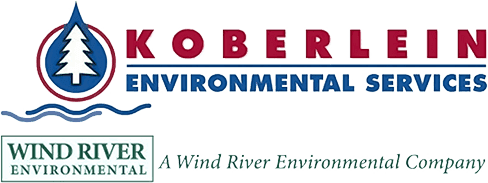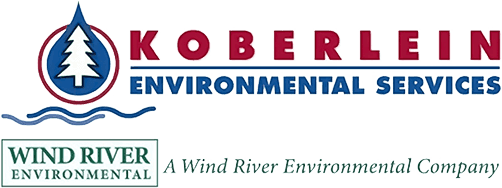Dos:
1. Regular Pumping: Schedule regular septic tank pumping every 3-5 years, depending on the size of your household and the tank's capacity. Regular pumping prevents solids from accumulating and clogging the system, extending its lifespan.
2. Water Conservation: Practice water conservation to prevent overloading the septic system. Repair leaky faucets, use low-flow fixtures, and spread out water-intensive activities, such as laundry, over the week.
3. Proper Waste Disposal: Dispose of household waste properly by avoiding flushing non-biodegradable items like paper towels, hygiene products, and chemicals down the drain. Use biodegradable and septic-safe products whenever possible.
4. Maintain Drain Fields: Keep the area over and around the drain field clear of heavy structures, vehicles, and large trees to prevent soil compaction and root damage, which can hinder the drain field's ability to absorb liquid waste.
5. Inspection: Schedule regular inspections with a professional to identify any potential issues early. Regular inspections can help detect leaks, blockages, or other problems before they turn into costly repairs.
Don'ts:
1. Overloading: Avoid overloading the system with too much water at once. Excessive water usage can disrupt the balance of bacteria in the tank, leading to system failure and potential environmental contamination.
2. Chemical Overuse: Refrain from using excessive household chemicals, as they can kill the beneficial bacteria responsible for breaking down waste in the septic tank. Opt for natural cleaning alternatives to maintain a healthy bacterial balance.
3. Flushing Harmful Substances: Never flush harmful substances such as grease, oils, paints, medications, or harsh cleaning chemicals down the drain. These can disrupt the natural processes within the septic system and cause significant damage over time.
4. DIY Repairs: Avoid attempting to repair complex septic system issues yourself. Improper handling can exacerbate the problem, leading to more extensive damage and higher repair costs. Always consult a professional septic system service provider for repairs and maintenance.
5. Ignoring Warning Signs: Never ignore warning signs of a failing septic system, such as slow drains, foul odors, or standing water around the drain field. Addressing these signs promptly can prevent a minor issue from escalating into a major septic system failure.
By following these dos and don'ts, you can ensure the long-term efficiency and functionality of your septic system, saving you from potential headaches and costly repairs down the line. Remember, regular maintenance and responsible usage are the key factors in preserving the health and longevity of your septic system. Stay vigilant and proactive to enjoy a hassle-free and well-functioning septic system for years to come.
If you need professional assistance or have any concerns about your septic system, Koberlein Environmental Services is here to help. Contact us today for expert septic system maintenance services tailored to your needs.


